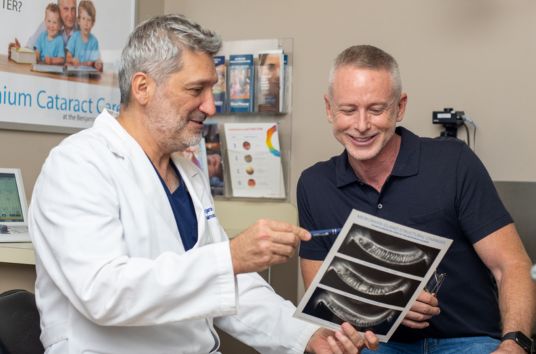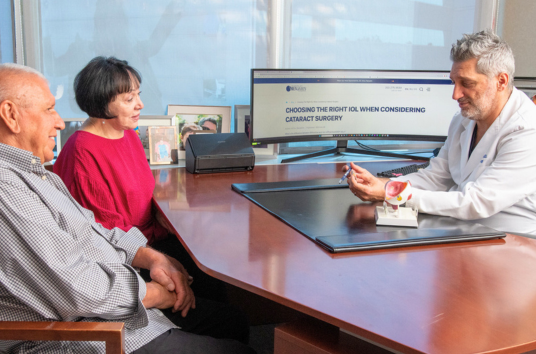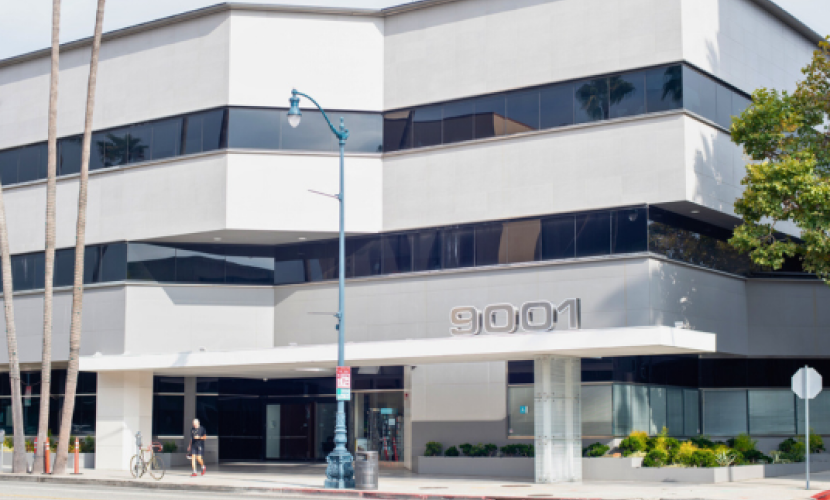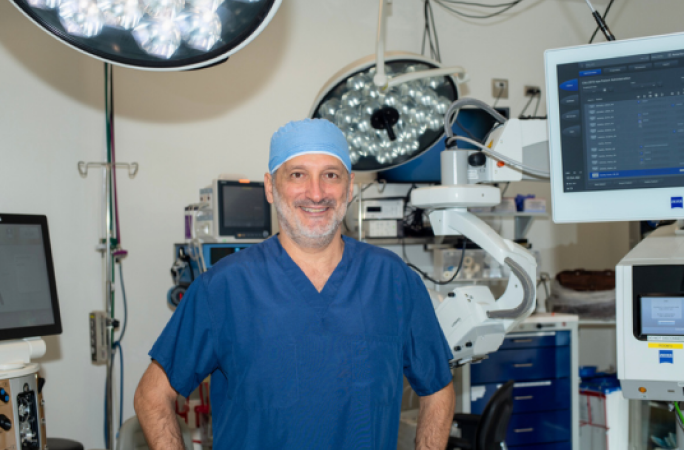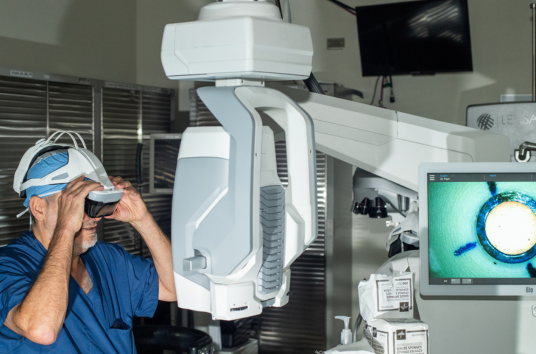Pre-Surgery Instructions
Medication Adjustments
- For GLP-1 Agonists: If you’re taking any of these medications—Trulicity (dulaglutide), Byetta (exenatide), Bydureon BCise (exenatide extended release), Victoza (liraglutide), Adlyxin (lixisenatide), Ozempic, Rybelsus (semaglutide), or Mounjaro (tirzepatide)—please stop taking them one week before your surgery to help avoid any complications with anesthesia.
Eye Drops: Starting two days before your surgery, apply one drop in the surgical eye three times a day (breakfast, lunch, and dinner).
On the Day of Surgery: Do not use any eye drops and avoid taking your diabetes medications. You may take your blood pressure, heart condition, or thyroid medications with a small sip of water—just enough to swallow the pills.
Fasting Requirements
- Enjoy your dinner as usual. To prevent nausea and vomiting, please do not eat or drink anything after midnight.
Pre-Surgery Checklist
- What to Bring: Your ID, insurance card, and all current medications.
